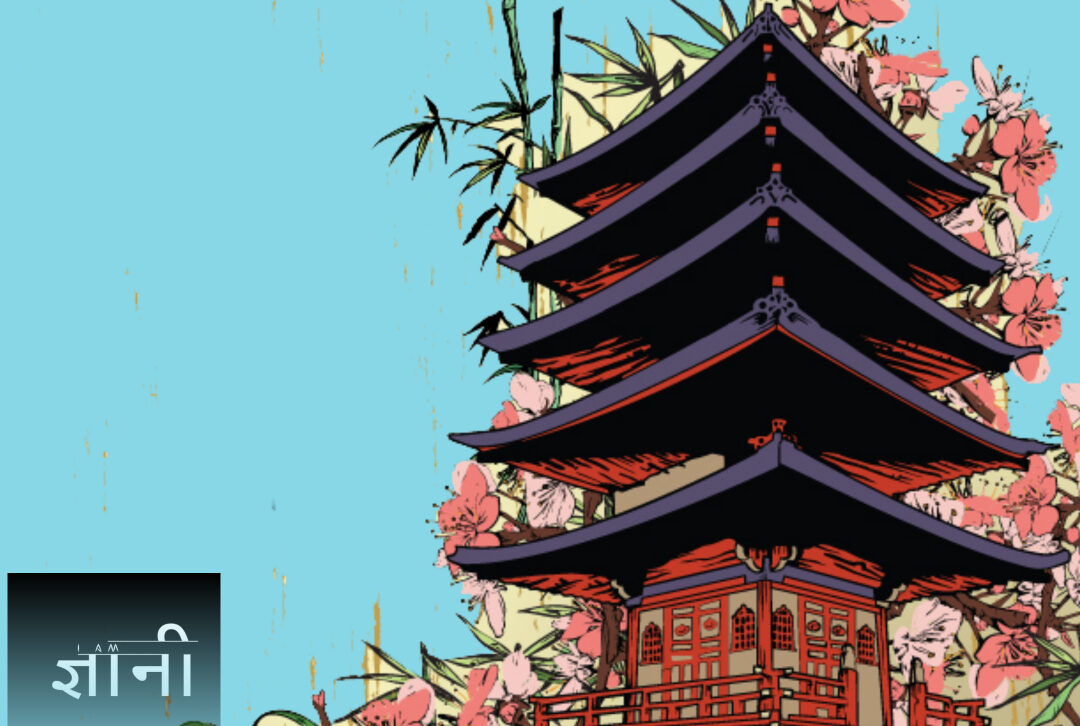Japan is an island nation located in East Asia, and it’s known for its rich history, culture, and technological advancements. Here are some key points about Japan:
Geography: Japan is an archipelago made up of four main islands:
- Honshu: The largest and most populous island, where major cities like Tokyo, Osaka, and Kyoto are located.
- Hokkaido: The northernmost island, known for its colder climate and natural beauty.
- Kyushu: The southernmost of the main islands, with cities like Fukuoka and historical sites like Nagasaki.
- Shikoku: The smallest of the main islands, known for its picturesque landscapes and the Shikoku Pilgrimage. In addition to these, there are many smaller islands that make up the Japanese archipelago.
Culture: Japanese culture is a blend of traditional practices and modern influences. Here are a few aspects:
- Traditional Arts: Tea ceremony (chanoyu), calligraphy (shodo), ikebana (flower arranging), and origami (paper folding) are art forms that highlight aesthetics and attention to detail.
- Pop Culture: Japan is famous for anime (animated TV shows and movies), manga (comic books), and video games. These have a global following and have contributed significantly to popular culture.
History:
- Feudal Era: The samurai class played a central role during this period, which lasted for centuries. Feudal lords known as daimyo ruled over their territories.
- Edo Period: Also known as the Tokugawa period, this era saw Japan’s isolation from much of the world. Edo (now Tokyo) became the political and cultural center.
- Meiji Restoration: In the late 19th century, Japan underwent rapid modernization and industrialization, transitioning from a feudal society to a modern nation-state.
Religion:
- Shinto: Shinto is a polytheistic indigenous belief system focusing on the worship of kami, spirits or deities that inhabit natural elements. Shrines are an essential part of Shinto practice.
- Buddhism: Introduced from China and Korea, Buddhism is also a major religion in Japan. It coexists with Shinto and has influenced cultural practices and art.
Cuisine:
- Sushi: Vinegared rice combined with various ingredients, often including seafood, vegetables, and occasionally tropical fruits.
- Sashimi: Slices of raw fish or seafood served without rice.
- Tempura: Deep-fried seafood and vegetables coated in a light batter.
- Ramen: Wheat noodles served in a flavorful broth, often topped with ingredients like pork, egg, and vegetables.
Technology:
- Robotics: Japan has been a pioneer in robotics, producing advanced robots for various purposes, from industrial automation to humanoid companions.
- Electronics: Japanese companies like Sony, Panasonic, and Toshiba have contributed significantly to the global electronics industry.
- High-Speed Rail: The Shinkansen (bullet train) network is renowned for its speed, safety, and efficiency.
Society:
- Politeness: Respectful behavior and politeness are fundamental in Japanese society. Bowing is a common gesture of respect.
- Group Harmony: The concept of “wa” emphasizes group harmony and cooperation over individualism.
- Giri: It refers to the sense of duty, obligation, and social responsibility.
Nature:
- Mountains: Japan is known for its mountainous terrain, with iconic peaks like Mount Fuji being cultural symbols.
- Forests: Lush forests cover much of the country, contributing to its natural beauty.
- Hot Springs (Onsen): Japan is a volcanic country, and natural hot springs are a popular relaxation and wellness activity.
Festivals:
- Cherry Blossom Festivals (Hanami): Springtime celebrations where people gather to appreciate the blooming cherry blossoms.
- Gion Matsuri: A grand festival in Kyoto featuring elaborate floats and traditional performances.
- Tanabata (Star Festival): Celebrated in July, it centers around the tale of two celestial lovers represented by stars.
Tourism:
- Historical Sites: Japan boasts numerous UNESCO World Heritage Sites, including temples, shrines, and traditional villages.
- Modern Cities: Cities like Tokyo and Osaka are known for their cutting-edge technology, vibrant entertainment, and bustling streets.
- Natural Beauty: Visitors can enjoy scenic landscapes, such as the picturesque Japanese gardens and stunning coastal views.






